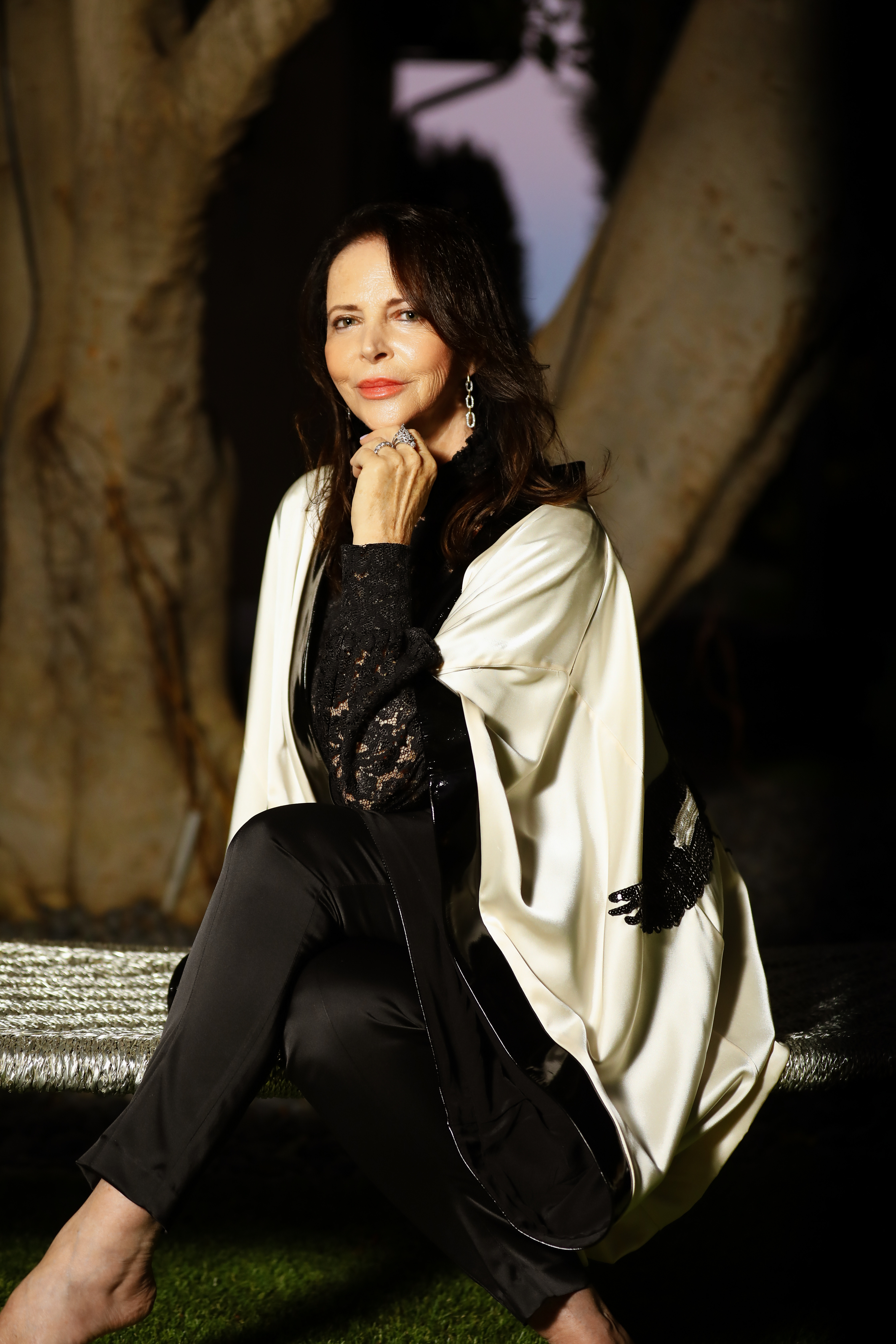**Originally published at 50Plus Today
The Baby Boomer generation is now entering its sunset years and reckoning with how to embrace aging. While negative images of becoming infirm and inept seep in, those who practice Mindfulness are able to accept and navigate aging with greater ease. Further, studies show that Mindfulness slows cognitive decline and promotes psychological wellbeing.
The oldest Baby Boomers, born in 1946, are well into their 70s. As they attempt to prolong their healthy and vital quality of life into their 80s, they are looking for a way to reinvent old age. Not content with withering away in an easy chair or with fading into obscurity, they hope to capitalize on their wisdom and do their best to age with tranquility.
Mindfulness, the practice of being in the moment with astute awareness and nonjudgment, offers a way to both keep the mind sharp and orient ourselves to an acceptance of what this stage of life means in the full breadth of our lifespan. Instead of bemoaning what we’re having to leave behind, Mindfulness enables us to counteract unpleasant consequences of aging with greater ease and acceptance.
It’s well known that aging is accompanied by a decline in cognitive function and related declines in neural activity. Yet Mindful meditation can slow the process. A UCLA study compared 50 people who had meditated for years with 50 people who didn’t. While loss of gray matter — the tissue that contains neurons — was evident in both, the researchers were surprised by the magnitude of difference between the two groups. Those who meditated had much less decline than those who didn’t.
By connecting to our breath, we connect to the present moment. Awareness of the moment, and our place in it, orients us toward an accepting, non-judgmental mindset. In this way, Mindfulness helps to promote wellbeing. Negative perceptions of aging recede and we’re better able to accept and navigate this time of life with less stress and a greater sense of peace.
My life was transformed through Mindfulness when I realized there was an actual practice I could use to become more present in my life. When I began practicing Mindfulness, I immediately started to feel much more present, and feelings of gratitude and compassion began to increase. It was as if my senses became more attuned and I had a more heightened awareness of myself, others, and my environment.
The main point of being present is to be fully awake and aware in each of the moments of our lives. Rather than spending our time worrying about the future or lamenting the past, being present helps us to fully appreciate the moment we are most alive in — right now.
Being present helps shape our future because it gives us a much more clear sense of how important each and every moment of our life is. This shift in consciousness changes our level of awareness, making it more elevated. When this shift occurs, our level of consciousness experiences a transformation and we begin to see ourselves, this life, and the universe as one.
To know that we’re part of something bigger than just ourselves helps us to think of ourselves as a part of a collective consciousness. We realize that each and every one of us is part of a unifying force that connects us to all that exists.
To integrate a regular Mindfulness practice, start with this Mindful meditation:
Meditation for being in the moment of “now”
1. Find a quiet place to sit.
2. Close your eyes.
3. Feel yourself where you are right now.
4. Note the room: any sounds, thoughts, feelings, bodily sensations, etc.
5. Invite yourself to be present in your meditation.
6. Tell yourself it’s okay to let everything and everyone go.
7. Put your focus and awareness onto your breath.
8. Take a few deep breaths in and out. If your mind begins to wander at any time, bring your focus and awareness back to your breath, which will always bring you back to the present moment.
10. Say silently, “I am in this moment of now.” Say silently, “Now is all there is.” Say silently, “I accept this moment I am in.”
11. You can repeat this to yourself as many times as you wish.
12. When you are ready, slowly open your eyes. Be aware that you are still in the moment of “now,” and that there is no need to rush out of it.


